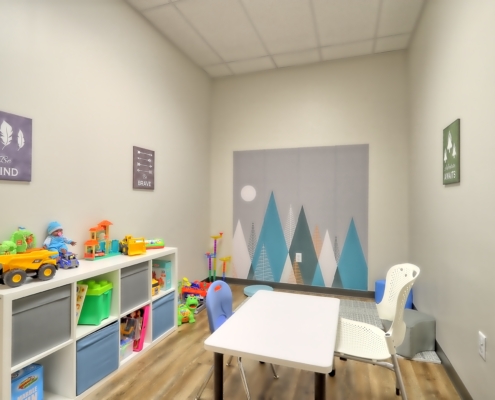Tag Archive for: diagnostic assessment

Does My Child Have Autism?
A Parent's Perspective: How to get an autism spectrum disorder (ASD) diagnosis
As a parent, you know your child better than anyone else. Yet your proximity to them may limit your ability to have an unbiased opinion of their development. If…
 https://www.abaconnect.com/wp-content/uploads/2018/10/kidandmom.png
278
427
Dr. Mariel Cannady
https://www.abaconnect.com/wp-content/uploads/2021/04/ABA_CONNECT_LOGO_NO_TAG_NUHB_V3_proStyle-e1617647363201.gif
Dr. Mariel Cannady2018-10-02 22:18:202023-06-07 15:59:26What To Look for in Your Child’s Autism Assessment
https://www.abaconnect.com/wp-content/uploads/2018/10/kidandmom.png
278
427
Dr. Mariel Cannady
https://www.abaconnect.com/wp-content/uploads/2021/04/ABA_CONNECT_LOGO_NO_TAG_NUHB_V3_proStyle-e1617647363201.gif
Dr. Mariel Cannady2018-10-02 22:18:202023-06-07 15:59:26What To Look for in Your Child’s Autism Assessment